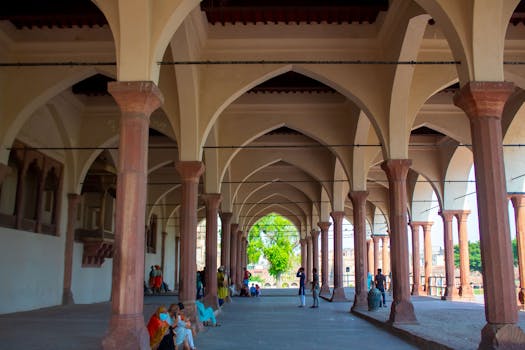
Traveling Through Time: How Europe’s Historical Heritage Shapes Modern Lifestyles in 2025
Traveling Through Time: How Europe’s Historical Heritage Shapes Modern Lifestyles in 2025. Europe, with its rich and diverse history, has always been a fascinating destination for travelers and history enthusiasts alike. From the ancient ruins of Greece and Rome to the medieval castles of England and France, Europe’s historical heritage is a treasure trove of knowledge and inspiration. In this article, we will explore how Europe’s historical heritage shapes modern lifestyles in 2025, and how time travel can help us understand the past and its influence on the present.
Section 1: Introduction to Europe’s Historical Heritage
Europe’s historical heritage is a complex and multifaceted phenomenon that has evolved over thousands of years. From the earliest civilizations of Mesopotamia and Egypt to the modern nation-states of today, Europe has been shaped by a wide range of cultures, empires, and ideologies. The continent’s history is marked by significant events, such as the Renaissance, the Enlightenment, and the Industrial Revolution, which have had a profound impact on modern society.
Section 2: The Impact of Historical Heritage on Modern Lifestyles
The impact of Europe’s historical heritage on modern lifestyles is evident in many aspects of contemporary culture. For example, the architecture of modern cities, such as Paris, Rome, and London, reflects the influence of historical styles, such as Gothic, Renaissance, and Baroque. Similarly, the cuisine of Europe, with its rich variety of dishes and ingredients, is a testament to the continent’s cultural diversity and historical heritage. Furthermore, the values and traditions of European culture, such as democracy, humanism, and tolerance, are rooted in the continent’s historical experience and continue to shape modern lifestyles.
Section 3: Time Travel and the Understanding of Historical Heritage
Time travel, as a concept, has long fascinated humans, and Europe’s historical heritage offers a unique opportunity to explore the past and understand its influence on the present. By traveling through time, we can experience firsthand the events, cultures, and lifestyles of bygone eras, and gain a deeper appreciation for the complexities and nuances of historical heritage. For example, visiting ancient Greece or Rome can provide insights into the origins of Western civilization, while exploring the medieval castles of England and France can reveal the secrets of feudal society.
Section 4: Conclusion and Future Prospects
In conclusion, Europe’s historical heritage is a vital component of modern lifestyles in 2025, shaping our understanding of the past, our appreciation of cultural diversity, and our values and traditions. Time travel, as a means of exploring the past, offers a unique opportunity to understand the complexities and nuances of historical heritage, and to gain a deeper appreciation for the events, cultures, and lifestyles that have shaped modern society. As we look to the future, it is essential to preserve and protect Europe’s historical heritage, and to continue exploring and learning from the past, in order to build a better understanding of ourselves and our place in the world.




